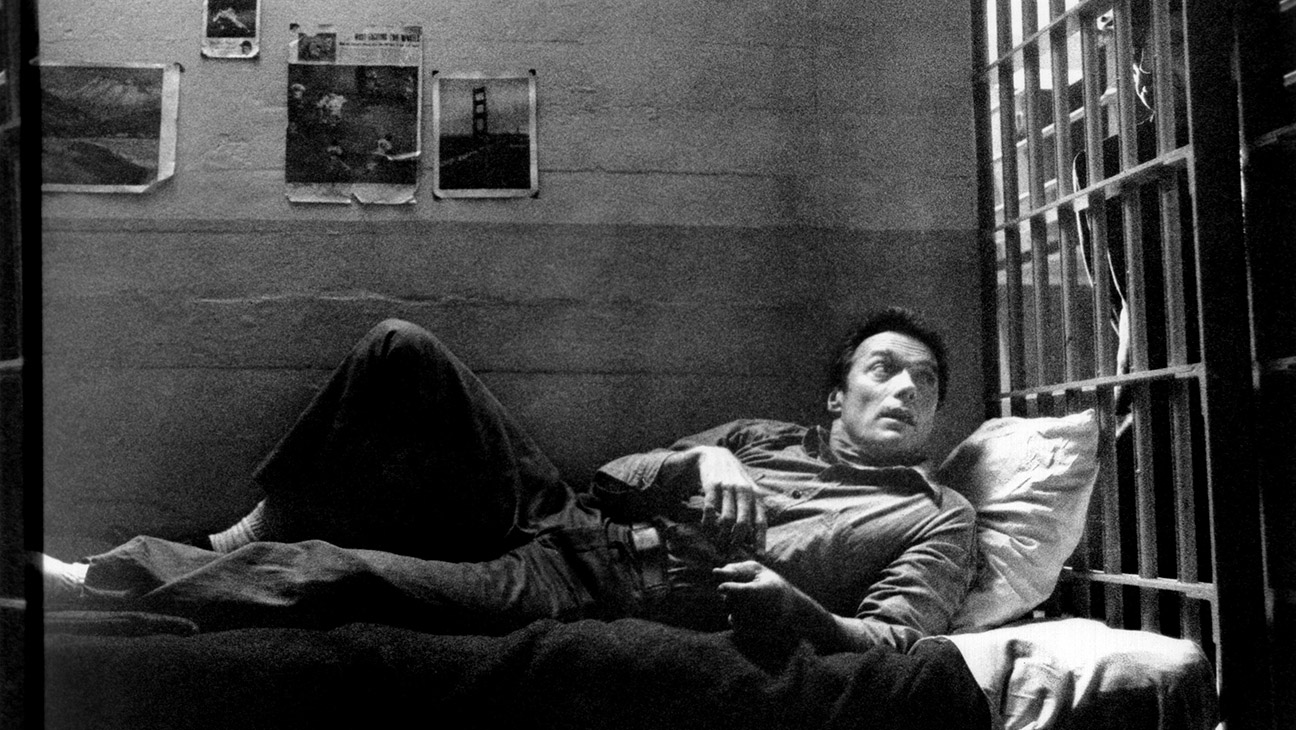Alcatraz Reopening: Exploring the Realities Behind a Controversial Proposal
The recent buzz around Alcatraz reopening has reignited debates across the country. Once known as the most secure federal prison in the United States, Alcatraz Island has been a popular tourist attraction for decades. Yet, with new political proposals in the mix, many are questioning whether the famed penitentiary could return to its notorious roots as a place of incarceration.

The Origin of the Alcatraz Reopening Debate
The renewed interest in reopening Alcatraz as a federal prison stems largely from recent political statements. President Donald Trump, through social media posts, has floated the idea of closing Alcatraz to tourists and turning it back into a high-security facility. According to a CNN Politics article, the President's proposal aimed to make Alcatraz “a symbol of Law, Order, and JUSTICE.” This proposal, however, faces significant opposition from local leaders and national park officials alike, with many dismissing it as impractical and unnecessary.
Historical Context: Why Did Alcatraz Close?
Alcatraz was shut down as a federal penitentiary in 1963. The main reasons were the high cost of operation, impractical logistics, and environmental concerns. As PBS News explains, maintaining the island facility became an unsustainable burden for the government. Since its closure, Alcatraz has transformed into an iconic destination managed by the National Park Service, drawing millions of visitors annually. Its infamous history, including infamous inmates like Al Capone, only adds to its mystique.
The Inspiration for Revival: Fact or Fiction?
Interestingly, speculation around the Alcatraz reopening proposal suggests inspiration may have come from popular culture. According to The Hollywood Reporter, the idea surfaced soon after a rerun of the classic Clint Eastwood movie "Escape from Alcatraz" aired on a South Florida PBS station. While it's unclear if the timing was coincidental, the overlap has fueled discussion about the role entertainment plays in shaping public policy proposals.
Practical Challenges of Reopening Alcatraz
Reviving Alcatraz as an operational prison presents complex challenges. The original closure cited issues with isolation, high maintenance costs, and deteriorating infrastructure. Today, those problems persist, along with new hurdles like preserving the site’s historical integrity and environmental protection requirements. Moreover, San Francisco officials and local communities largely oppose the move, emphasizing the site's value as a symbol of history and remembrance rather than punishment.
Public and Political Reactions
Many politicians and commentators have been quick to dismiss the idea of Alcatraz reopening as more of a political gesture than a viable plan. In the words of former House Speaker Nancy Pelosi, whose district covers much of San Francisco, the idea is "not a serious one," as reported in the previously mentioned CNN Politics article.
The Future of Alcatraz: Preserving History or Returning to the Past?
While the future of Alcatraz remains a topic of debate, the island is likely to stay a place of education, history, and tourism for the foreseeable future. Proposals for the Alcatraz reopening continue to surface, often driven by larger conversations about criminal justice and national symbolism. However, the site’s enduring legacy as a former prison and current landmark underscores the importance of learning from the past while shaping the future.
Conclusion
The possibility of Alcatraz reopening as a prison continues to stoke debate and curiosity. As the conversation unfolds, understanding the real history and complexities behind such proposals is crucial. For more detailed background on the prison's closure and the politics involved, explore PBS’s feature on Why the notorious Alcatraz prison closed, or dive into Hollywood Reporter’s analysis of the policy’s pop culture ties. Stay informed and consider what reopening Alcatraz would truly mean for America’s justice system and historical memory.